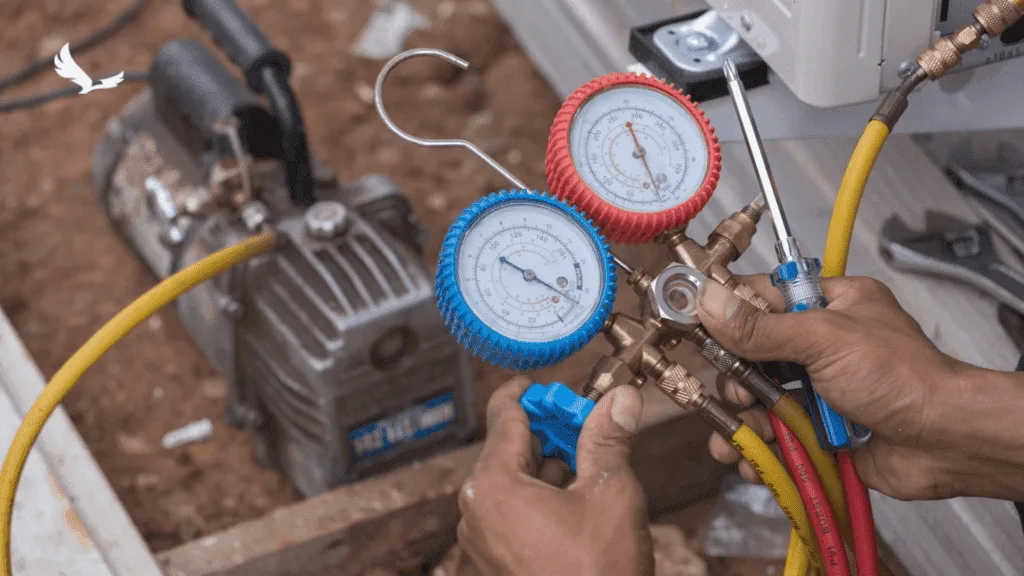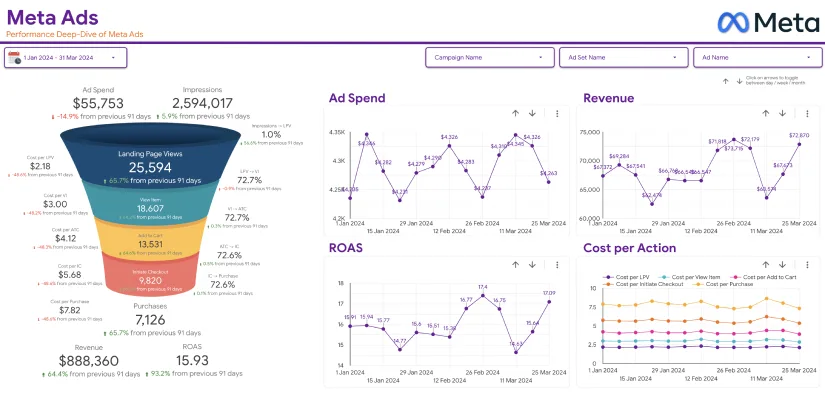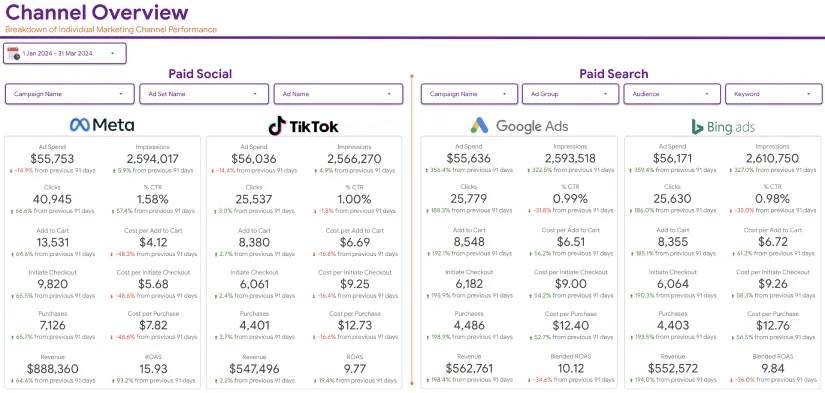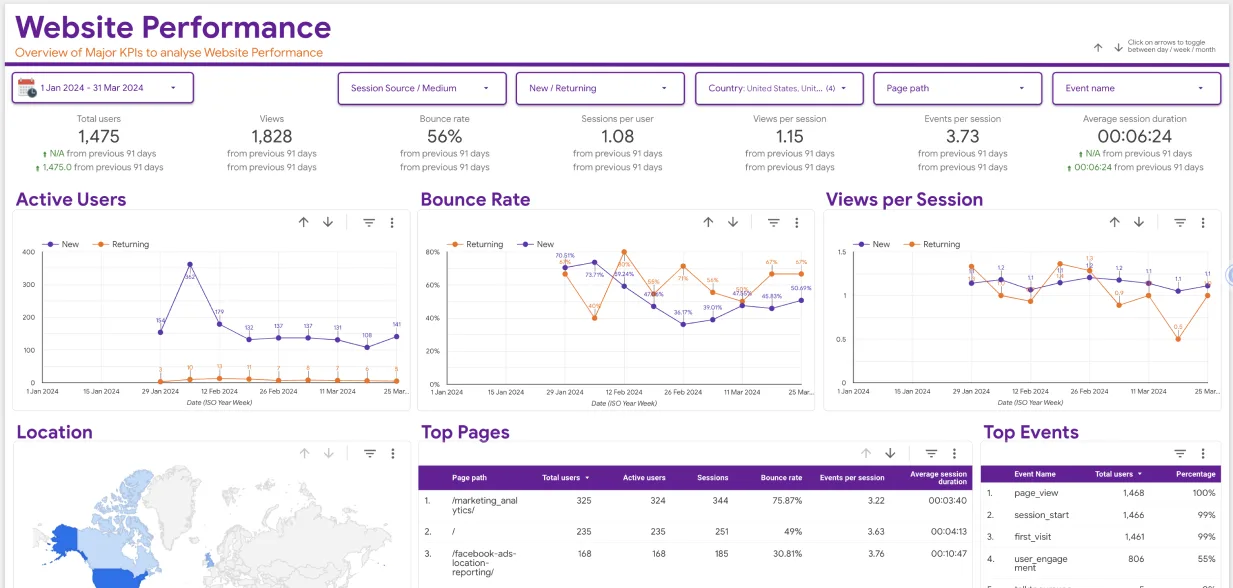Introduction
In recent years, a big focus has been on using clean and sustainable energy. One exciting development is combining solar panels with HVAC systems. Solar panels use the sun’s power to create electricity without polluting the environment.
It is a great way to save energy and be eco-friendly with efficient HVAC systems. But to ensure everything works well together, we must take care of regular maintenance and follow some best practices.
This article will explore how HVAC maintenance and solar panel performance are connected. We will learn practical ways to optimize both systems so they work together to save energy.
About Solar Panels
Solar panels are such devices that help us use the sun’s energy to generate electricity. They capture sunlight and convert it into usable power for our homes and buildings. They contain small units called photovoltaic cells, which absorb sunlight and create an electric current. We can use this current to power our lights, appliances, and other electrical devices.
The sun is an infinite and renewable energy source, meaning it will not run out, unlike other resources we use to generate electricity. Solar panels provide a clean and eco-friendly way of producing electricity without producing harmful emissions or contributing to climate change.
They can be installed on rooftops, in open fields, or even on the sides of buildings, making them a versatile option for using the sun’s energy.
HVAC (Heating, Ventilation, and Air Conditioning) Systems
HVAC systems help to keep us comfortable in our homes and workplaces, no matter the weather outside. Let’s break down their functions:
- Heating: During chilly winters, HVAC systems use furnaces or heat pumps to warm up the air inside our buildings; this ensures that we stay cozy and comfortable indoors even when freezing outside.
- Ventilation: Proper ventilation helps to maintain good indoor air quality. HVAC systems help exchange stale indoor air with fresh outdoor air, removing pollutants and keeping us healthy.
- Air Conditioning: In hot summer, HVAC systems use air conditioners to cool indoor air, making our living and working spaces comfortable.
Advantages of Combining Solar Panels with HVAC Systems
The synergy that occurs when we combine solar panels with HVAC systems is very beneficial.
1. Save on Energy Bills: Solar panels generate electricity from sunlight, and when your HVAC system is running, it needs electricity. By integrating solar panels with your HVAC system, you can use the free energy from the sun to power your heating, cooling, and ventilation, leading to lower energy bills.
2. Environmental Benefits: Using solar energy to power your HVAC system reduces the need to rely on electricity generated from fossil fuels, which can release harmful greenhouse gases. By going solar, you are contributing to a cleaner environment.
3. Energy Independence: Solar panels make you less dependent on the electricity grid. Hence, even during power outages or grid failures, your HVAC system can continue to run using the solar energy stored in batteries, keeping you comfortable when you need it the most.
4. Long-Term Savings: Although installing solar panels may require an initial investment, they can pay for themselves over time through energy savings. Additionally, many regions offer incentives, tax credits, and rebates for adopting solar energy, further increasing the financial benefits.
5. Sustainable Living: Embracing and integrating solar energy with HVAC systems leads to sustainable living practices. It shows you are committed to reducing your carbon footprint and being a responsible global citizen.
HVAC Maintenance
Regular Filter Cleaning and Replacement
One of the essential aspects of keeping your HVAC system running is to clean and replace its filters regularly. HVAC filters prevent dust, dirt, and other particles from entering the system and circulating through your home.
With time, these filters can become clogged, reducing airflow and making your system work harder to maintain the desired temperature. By cleaning or replacing the filters regularly, you ensure that your HVAC system operates efficiently, keeping your indoor air clean but also helping you save energy and money on utility bills.
Scheduled Inspections and Tune-Ups
Just like cars need regular maintenance to run well, HVAC systems require scheduled inspections and tune-ups. Hiring a technician to inspect your HVAC system at least once a year can catch minor issues before they become significant problems.
During these inspections, the technician will check for worn-out parts, leaks, or potential hazards. They will also tune up the system, optimizing its performance and energy efficiency.
Ductwork Inspection and Sealing
The ductwork distributes the heated or cooled air throughout your home. Over time, ducts can develop leaks or gaps, leading to energy waste and inconsistent temperature distribution. Regularly inspecting and sealing your ductwork can save you money on heating and cooling costs.
Sealing ducts prevent conditioned air from escaping into spaces like the attic or crawl spaces, ensuring that the air reaches the rooms where you need it.
Solar Panel Optimization Strategies
Proper Installation and Orientation
You should install solar panels at the correct angle and orientation to maximize sunlight exposure. In the Northern Hemisphere, panels should generally face true south, while in the Southern Hemisphere, they should face true north. You should adjust the tilt angle based on your location’s latitude. Proper orientation ensures panels receive the most sunlight throughout the day.
Inverter Maintenance and Care
The inverter is a crucial component of solar panel systems. It helps convert the direct current (DC) into alternating (AC) electricity used in your home. Regular maintenance of the inverter is essential to ensure its proper functioning. Dust, debris, or extreme weather conditions can impact the inverter’s efficiency, so cleaning and inspecting it is necessary.
Weatherproofing and Structural Integrity
Solar panels can withstand weather conditions, but ensuring weatherproofing and structural integrity is still important. Regularly check for any signs of damage, loose connections, or corrosion. Additionally, trimming nearby trees or vegetation that might cast shadows on the boards will help maintain efficiency and optimize energy generation.
Energy Efficiency Upgrades to Complement Solar Panels
To get the most out of your solar panels, consider implementing energy-efficient upgrades in your home. It can include installing LED lighting, programmable thermostats, and energy-efficient appliances. By minimizing your overall energy consumption, you can make the most of your panels’ solar energy.
Bottom Line
Thus, maintaining your HVAC system and solar panels is vital for a more sustainable and energy-efficient future. By embracing these best practices, we contribute to a cleaner world while enjoying the benefits of comfortable and eco-friendly living or working spaces.




